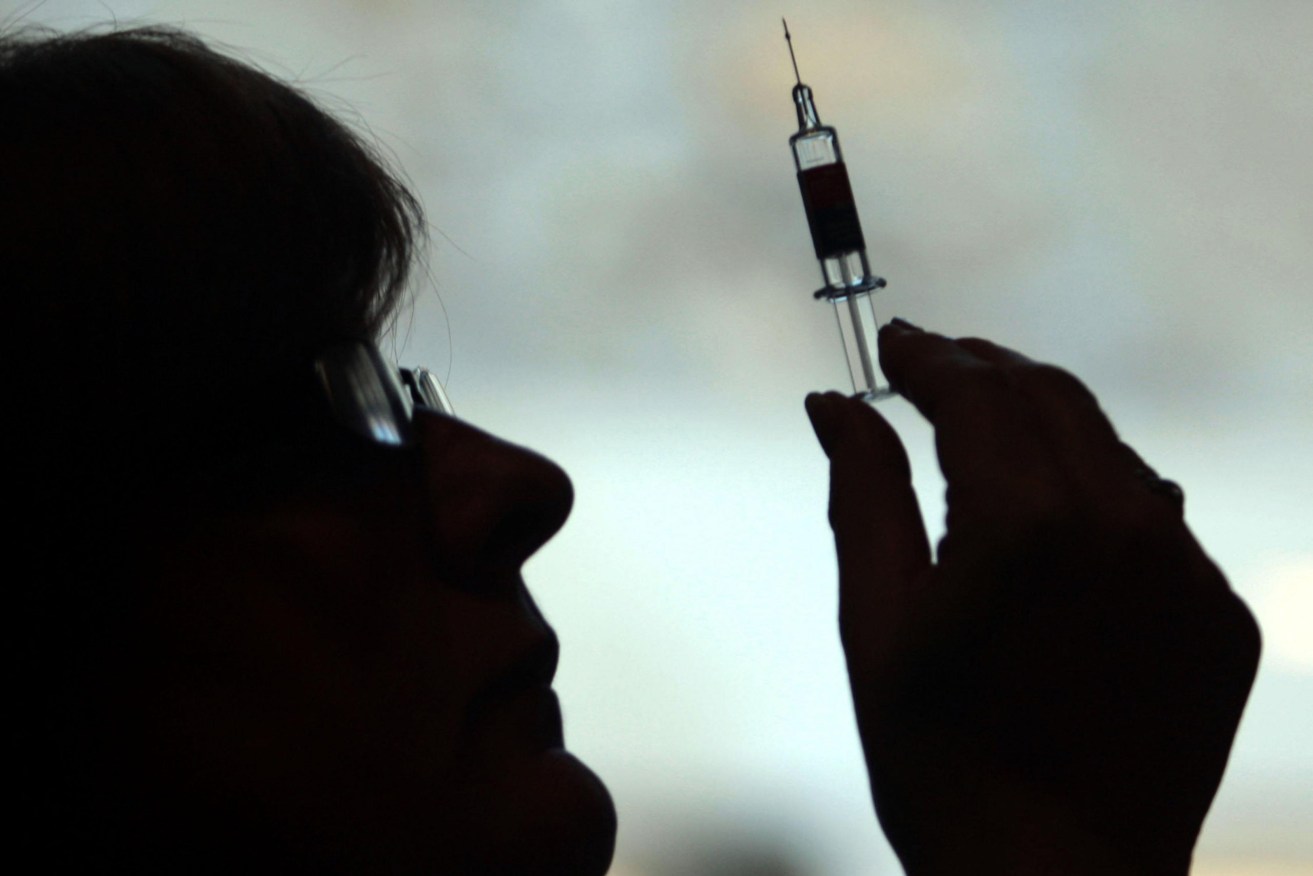Prime Minister committed Australia’s contribution at a fundraising videoconference attended by world leaders overnight.
Nearly $12.7 billion (€7.5 billion) has been raised so far.
“COVID-19 is putting us all to the test and it is a test we are all rising to,” Morrison said.
Most of the Australian money will go to local vaccine research projects at the CSIRO, Doherty Institute and the University of Queensland.
Two European research institutes will receive $15 million from Australia to develop a vaccine and diagnostic tools.
Morrison said Australian researchers were already working with international partners to develop a vaccine.
“This is a great shared project by the peoples of the world with a clear purpose to find that vaccine,” he said.
The prime minister said Australia’s development programs were moving to help local Pacific and Southeast Asian nations to fight coronavirus.
“I know we’re all hurting and grieving for what has been lost,” Morrison said.
“But out of our grief and sadness comes a strong determination to beat this virus by working together.”
Notably absent from the event was the US, where more than 67,000 people have died, and Russia.
UN Secretary-General Antonio Guterres said the target being sought to help find a vaccine, new treatments and better tests for the disease would only ever amount to a “down payment” on the tools that will be needed.
“To reach everyone, everywhere, we likely need five times that amount,” Guterres said.
The original aim was to gather around 4b euros ($A6.8b) for vaccine research, some 2b euros ($A3.4b) for treatments and 1.5b euros ($1.64b) for testing.
French President Emmanuel Macron warned that “a race against time is under way” as he donated 500m euros ($A854m) on behalf of France.
British Prime Minister Boris Johnson said the race to discover the vaccine was not a competition between countries, but “the most urgent shared endeavour of our lifetimes”.
Among the larger contributions, Japan pledged more than $A1.2 billion while Germany offered 525m euros ($A896m).
Italy and Spain, perhaps the hardest hit by the virus in Europe, each said they would provide more than 100m euros ($A171m).
Switzerland, the Netherlands and Israel also pledged 378m euros ($A645m), 192m euros ($A328m) and $US60m ($A94m), respectively.
About 100 research groups are pursuing vaccines, with nearly a dozen in early stages of human trials or poised to start.
It comes as global coronavirus deaths reached 250,000 after recorded infections topped 3.5 million.
Globally, there were 3,062 new deaths and 61,923 new cases over the past 24 hours.
That easily exceeds the estimated 140,000 deaths worldwide in 2018 caused by measles, and compares with around 3 million to 5 million cases of severe illness caused annually by seasonal influenza, according to the World Health Organization.
America and European countries accounted for most of the new deaths and cases reported in recent days, but numbers were rising from smaller bases in Latin America, Africa and Russia.
While the current trajectory of COVID-19 falls far short of the 1918 Spanish flu, which infected an estimated 50 million people, killing at least 10 per cent of patients, experts worry the available data is underplaying the true impact of the pandemic.
The concerns come as several countries begin to ease strict lockdowns that have been credited with helping contain the spread of the virus.
“We could easily have a second or a third wave because a lot of places aren’t immune,” Peter Collignon, an infectious diseases physician and microbiologist at Canberra Hospital, told Reuters.
He noted the world was well short of herd immunity, which requires around 60 per cent of the population to have recovered from the disease.
The first death linked to COVID-19 was reported on January 10 in Wuhan, China, after the coronavirus first emerged there in December.
Global fatalities grew at a rate of 1-2 per cent in recent days, down from 14 per cent on March 21, according to the Reuters data.
Mortality rates from recorded infections vary greatly from country to country.
Collignon said any country with a mortality rate of more than 2 per cent almost certainly had underreported case numbers.
-with AAP
Want to comment?
Send us an email, making it clear which story you’re commenting on and including your full name (required for publication) and phone number (only for verification purposes). Please put “Reader views” in the subject.
We’ll publish the best comments in a regular “Reader Views” post. Your comments can be brief, or we can accept up to 350 words, or thereabouts.





